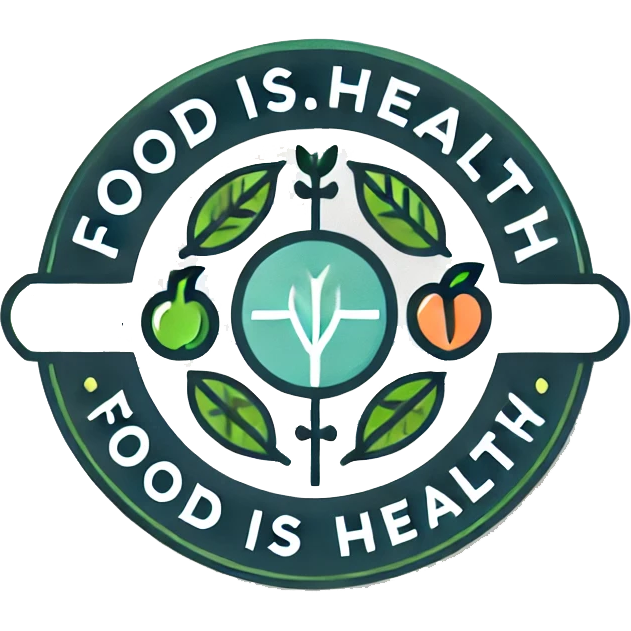We’re excited to share that we will re-publish Carter Williams’ column – What I Learned This Week – here on Food Is Health. Carter is the Managing Director of iSelect Fund and also publishes the Creative Destruction newsletter. Make sure you check it out and subscribe.

What I learned this week…
We have all the raw technology needed to achieve Food is Health. We have the science to justify the focus on metabolic health (Casey Means, MD). The trick now is to find the right degree of modularity/product features to make it easy for early majority adopters to transition from cheap calories to affordable nutrition. It is a product management problem. But we still need to stumble through an innovation process analogous to Newton→MP3→iPod→Blackberry→iPhone (Tony Fadell).
1) We still do not know why the placebo effect works.
2) If Sleep 8 is the Tesla of sleep, who will be the Tesla of Food is Health? DM me your thoughts.
3) As novel weed control reduces the need for roundup-ready crops and commodity prices reduce profitability, farmers will switch to other specialized crops. These crops will unlock nutrient-dense products in food.
4) As commodity pressures push down farm net income, should farmers consider specialized soy opportunities in, for example, halal poultry operations? (Janette Barnard)
5) The consumer pressure of price, nutrient density, and climate will create marketplaces that innovate around ADM, Bungee, Cargill, and LDC. (Trevor McKeeman)
6) Food Power: US agtech should consider opportunities in Ukraine and other global ag producers to bolster Middle East food security as a hedge to unfriendly geopolitical pressure. (Kip Tom)
7) While consumer use of continuous glucose monitors and other real-time assays is set to increase, reducing the healthcare cost of poor nutrition in the long term requires making it easy to source affordable nutrition.
8) M&Ms and Eggos are the opposite of food is health.
9) In a supply-constrained market, subsidized demand increases the price of supply. And it discourages innovation.
10) When the UK realized they had too much sodium in the average diet, Tony Blair sat down with the major food companies in private and encouraged them to engineer a solution, which they did, in time, without fanfare.
11) Mayor Adams campaigned on metabolic health, could a presidential candidate who likes to cook do something similar? A good chef advancing food is health, rather than an amateur economist. (Rachel Atcheson)
12) If we had a Julia Childs of food is health, it would accelerate the transition from cheap calories to affordable nutrition and reduce the healthcare cost of poor nutrition.
Make sure to check out more articles in our News & Views section. Feel free to reach out any time to collaborate with Food Is Health on projects which help people heal through natural food & nutrition.
Organic vs Conventional Food | Food Preservatives & Additives | Anti-Inflammatory Diets | Gut Health & Probiotics | Plant-Based Diets | Detox Diets & Cleanses | Food Allergies & Sensitivities Functional Foods | Sustainable Eating & Food Waste | Ag Related Topics | Popular Topics
